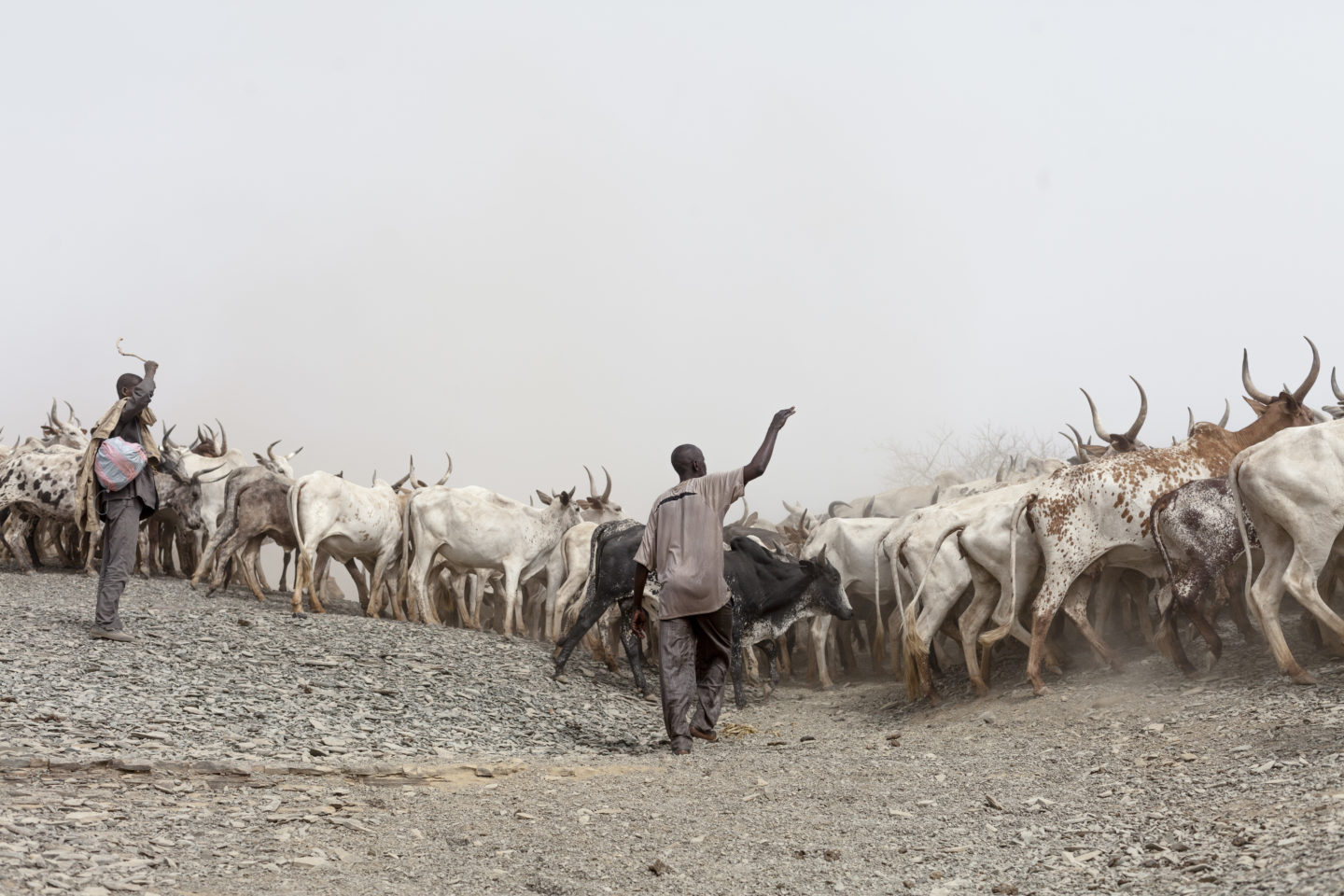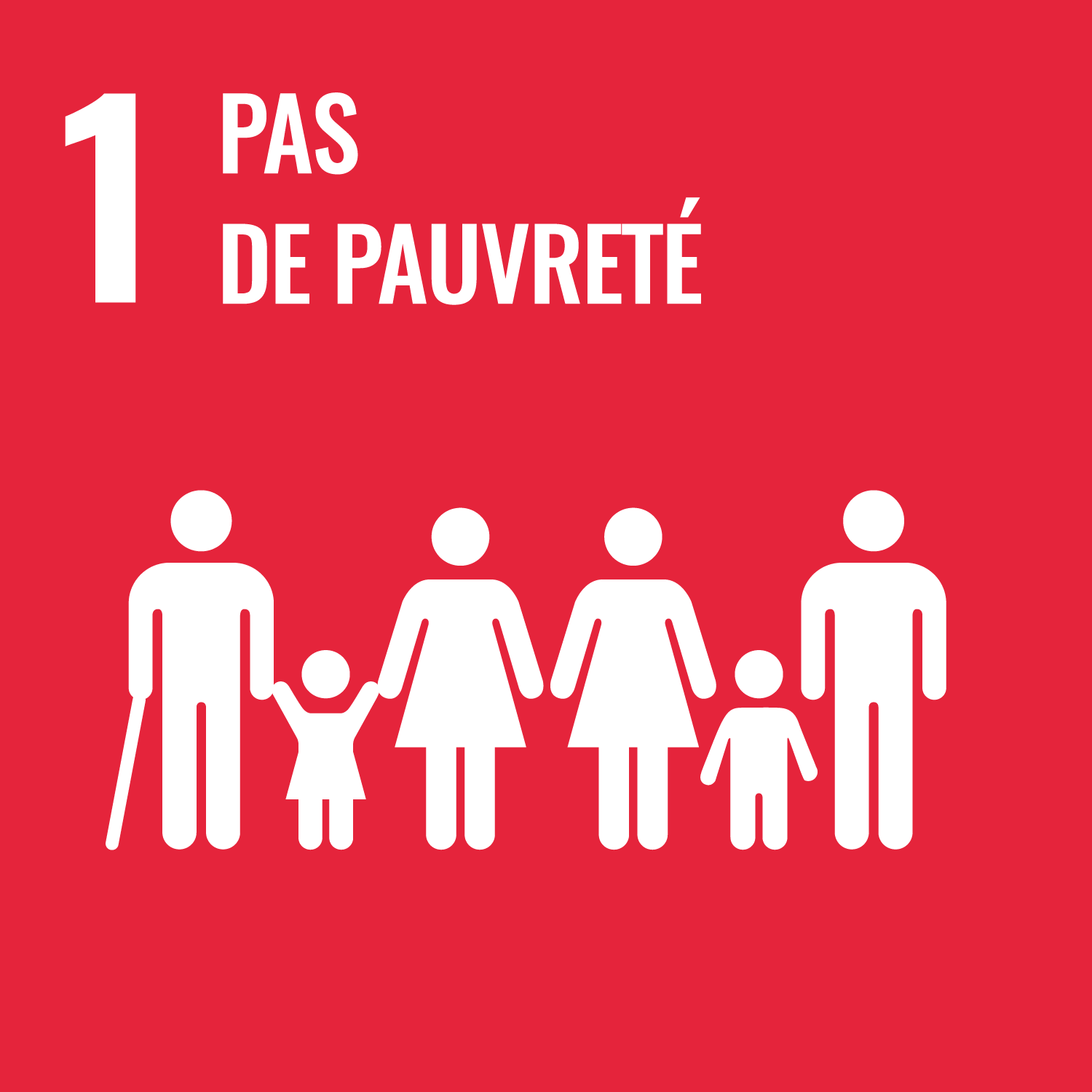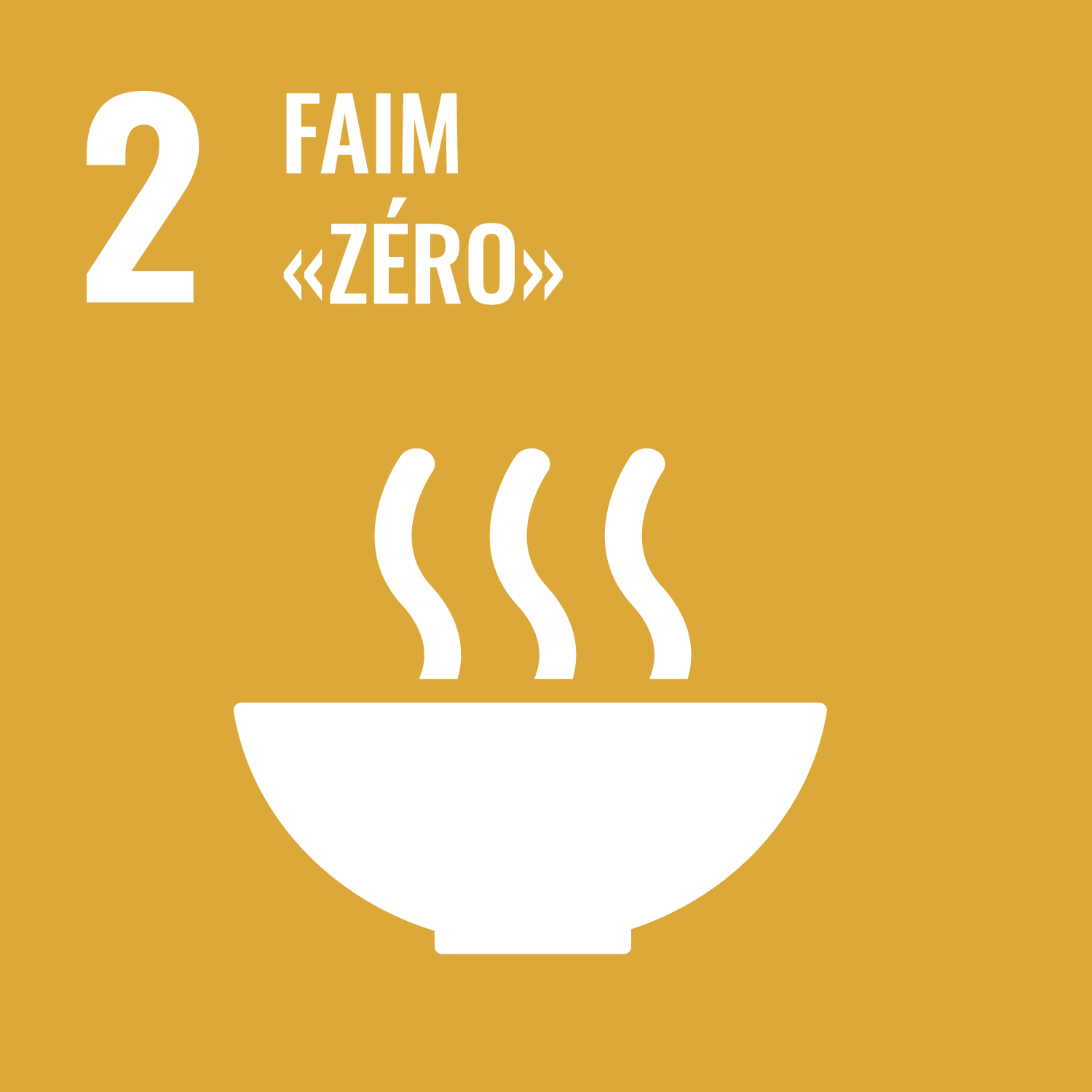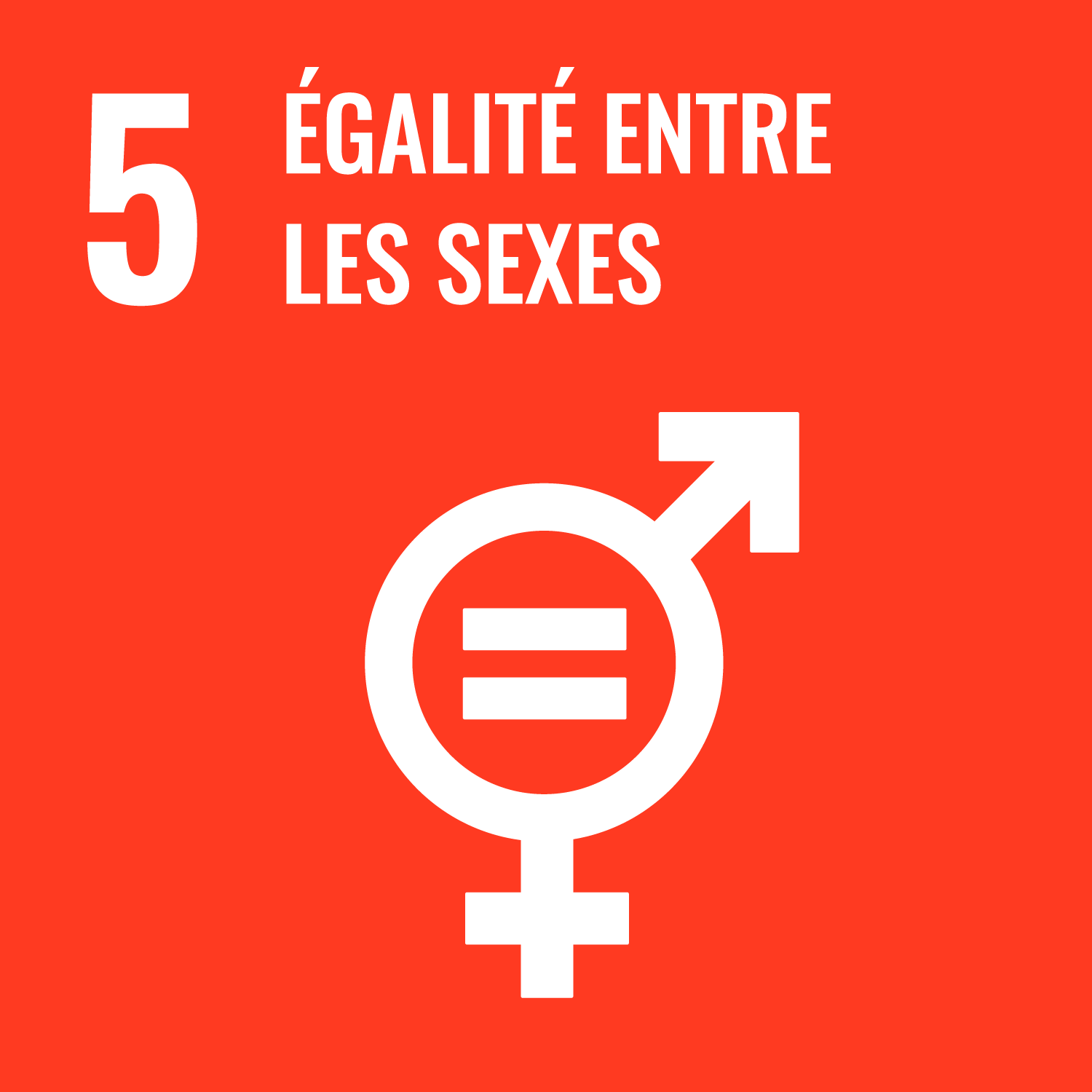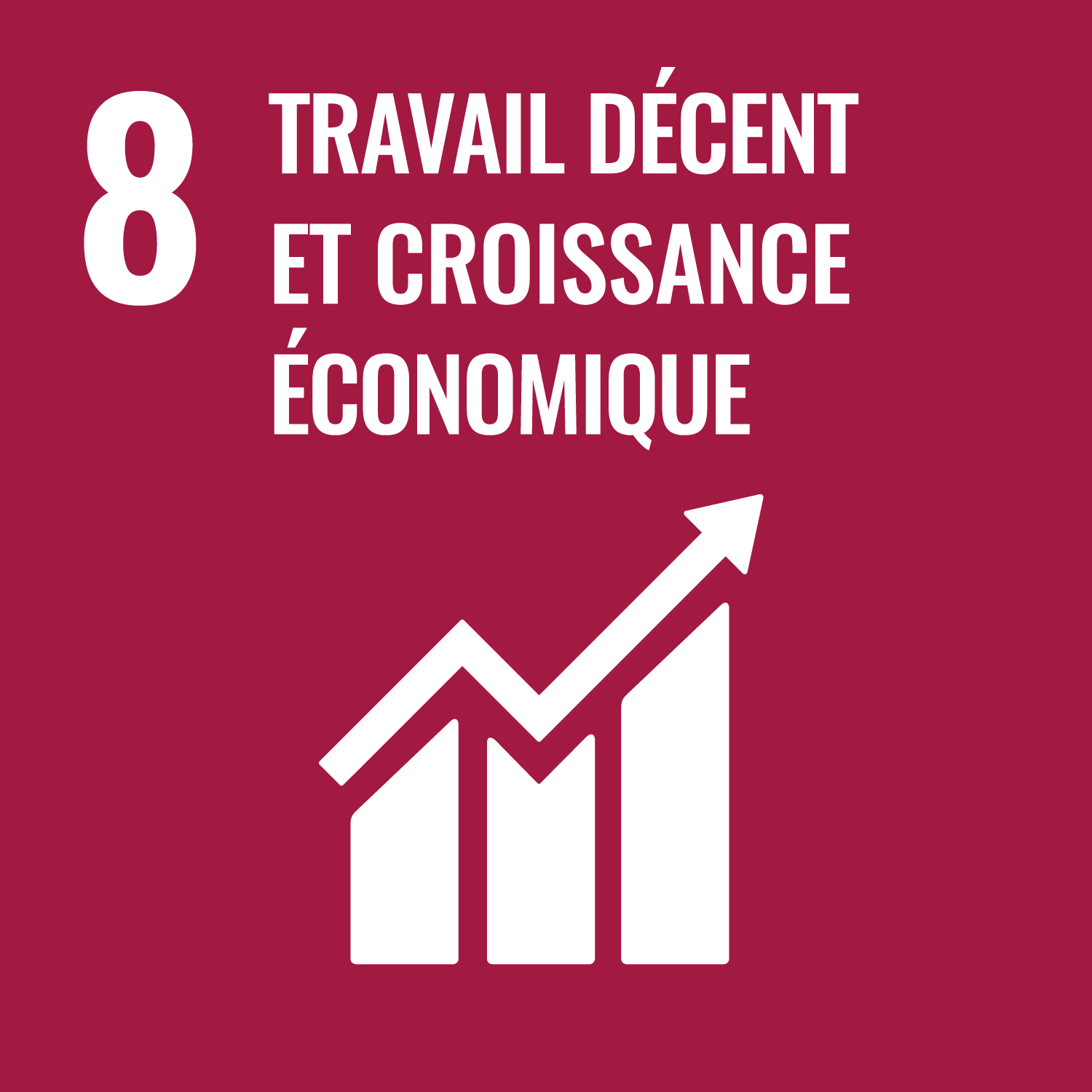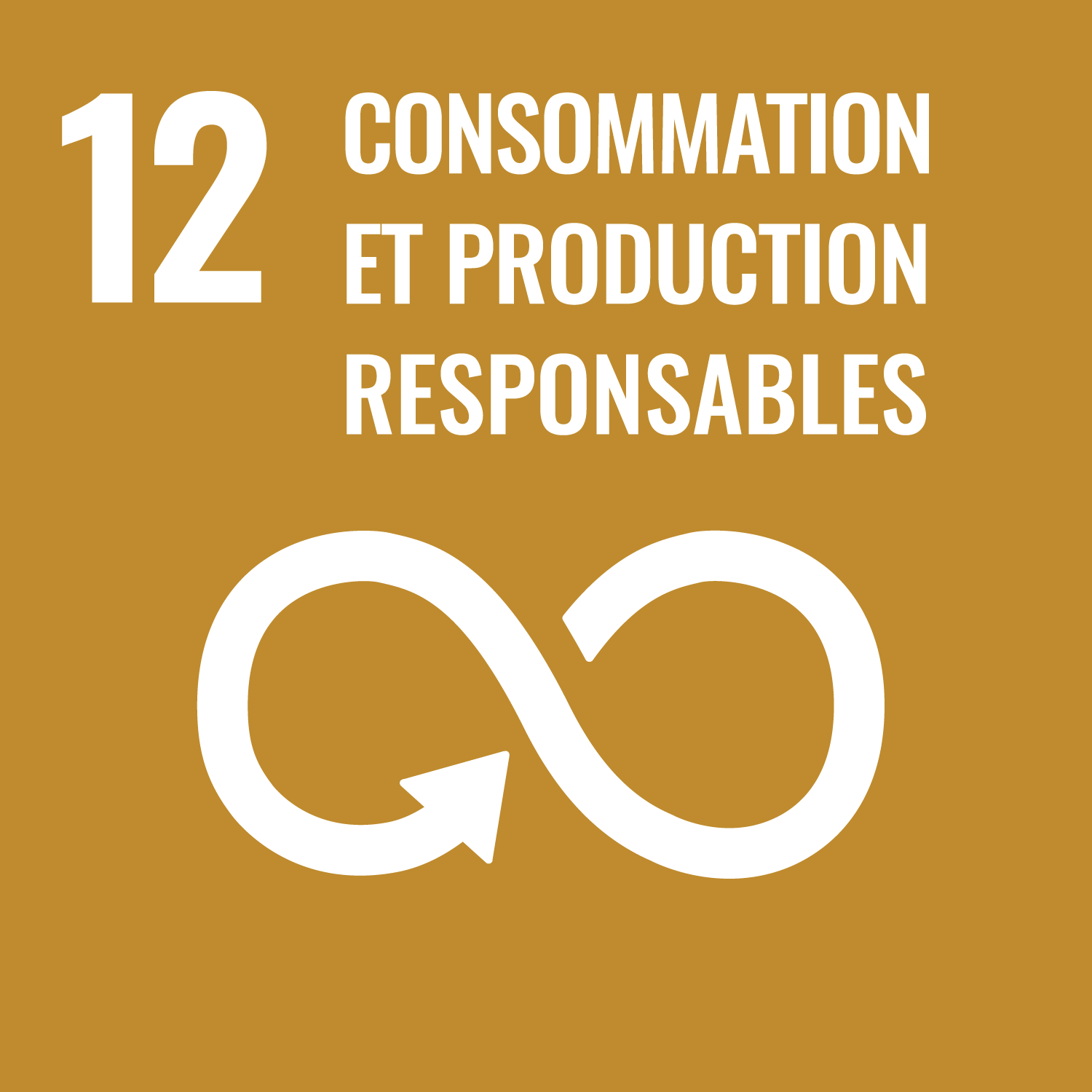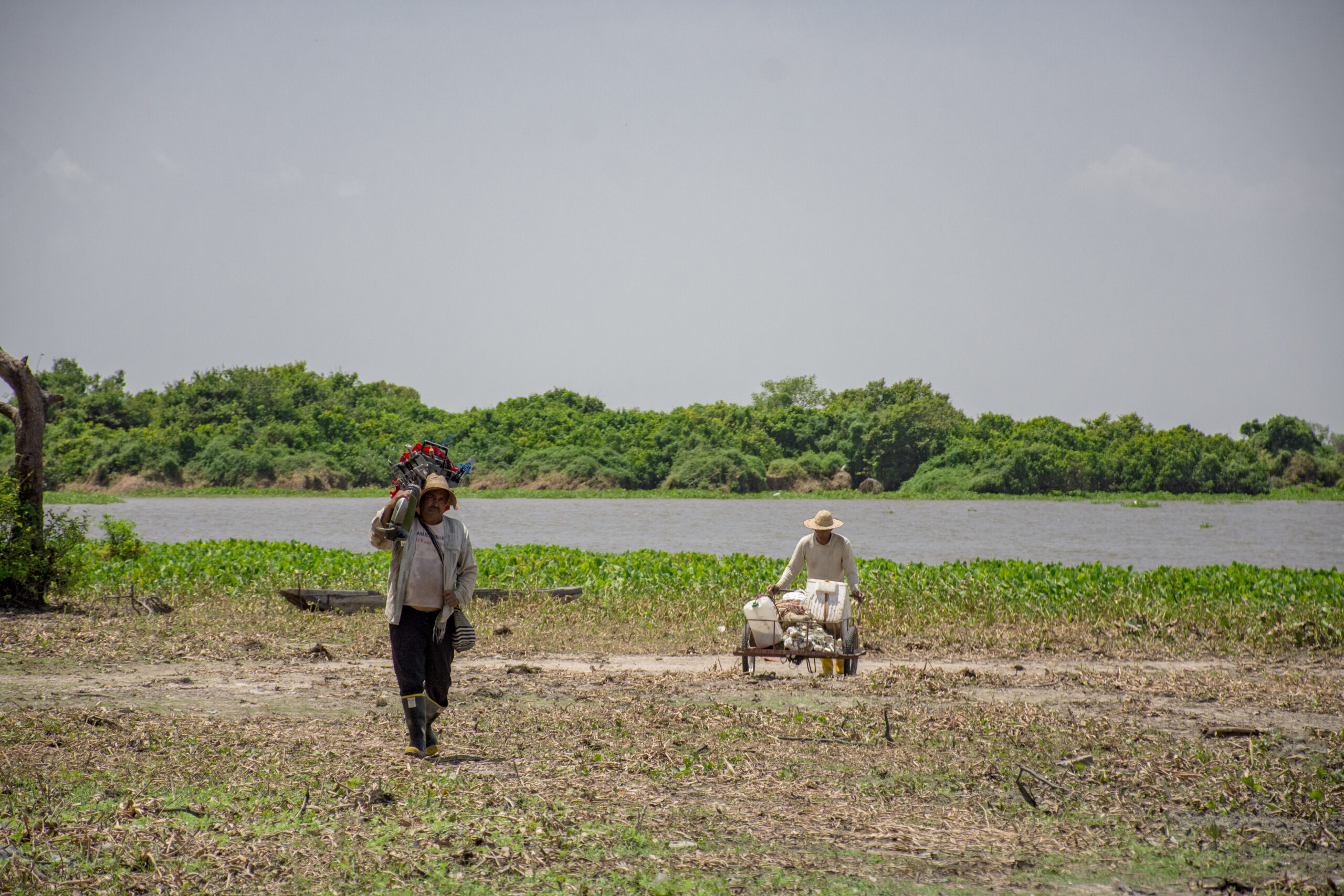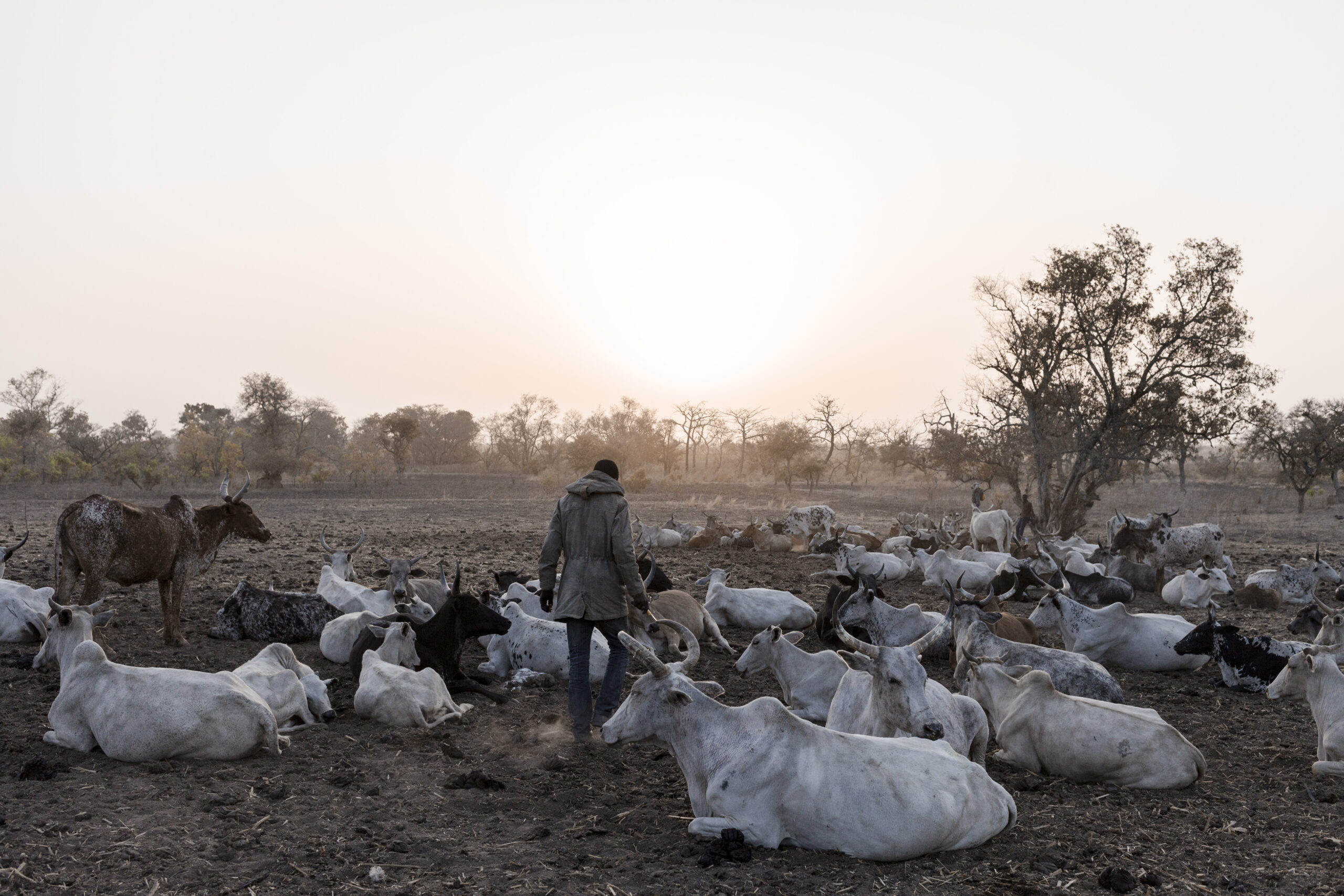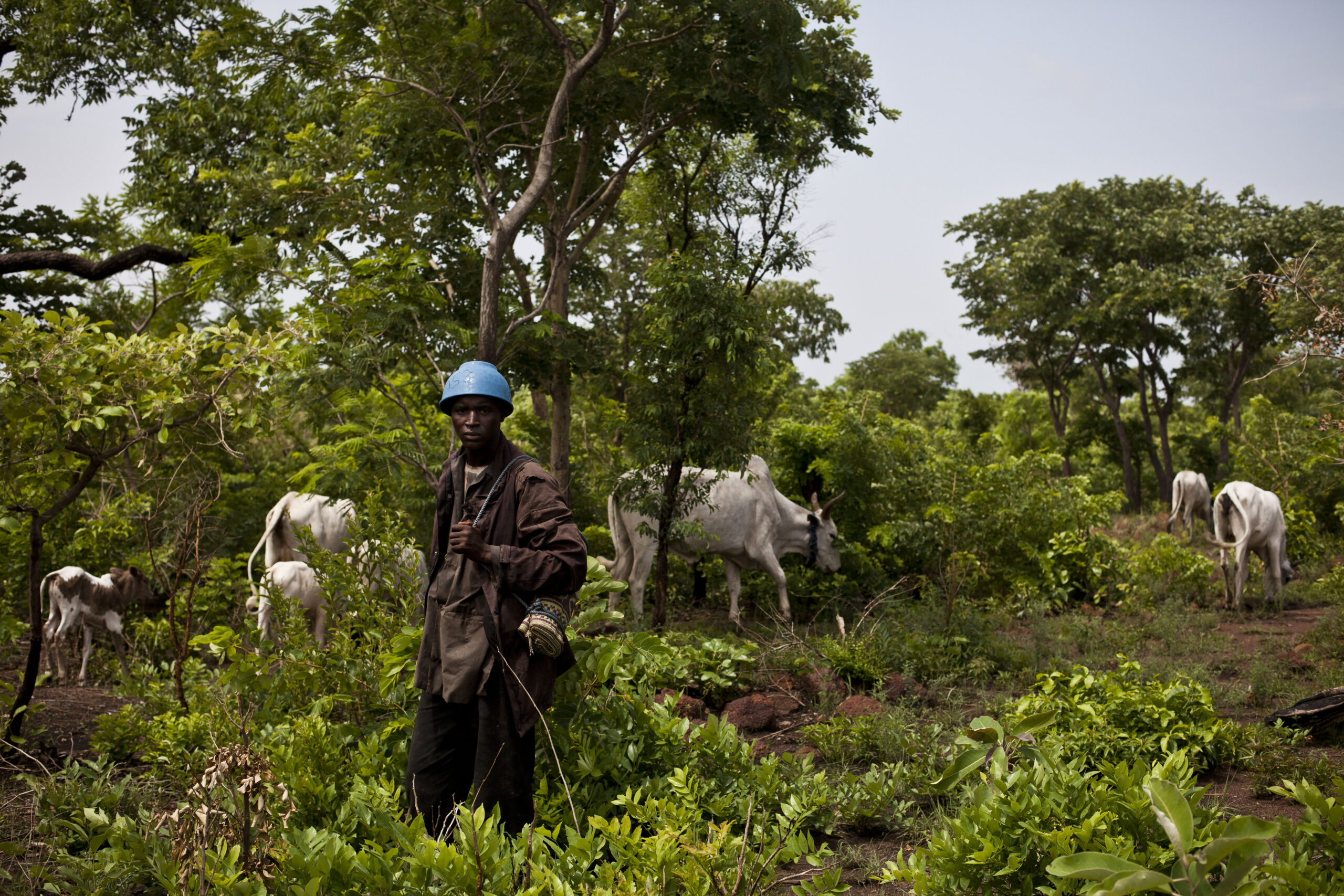Resilience of at least 15,000 agropastoral households.
There is a sharp deterioration in the security context in the cross-border provinces and departments of Mali and Burkina-Faso. Agropastoralism characterises more than 80% of households in cross-border territories. However, the lack of investment in the past in the agropastoral sector has increased the difficulties of access to pastoral resources. This, added to the pressures on natural resources, embodies the genesis of many conflicts and their instrumentalisation.
The Action
To respond to these challenges, the project aims to strengthen inter-community and multi-actor dialogue in order to prevent and peacefully resolve dissensions through the establishment of spaces for inclusive and cross-border inter-community dialogue, the holding of informed debates on the issues of the territory or the establishment of a watch of local relays. It will also aim to reduce the cultural and structural obstacles preventing women and young people from participating in a meaningful and equitable way in inter-community and cross-border dialogues.
It also aims to support the resilience of at least 15,000 pastoral and agro-pastoral households by increasing the productivity of their livestock through securing livestock mobility tracks, access to water, supply of livestock feed and strengthening social cohesion.
The project will enable
- The establishment of spaces for inclusive and cross-border inter-community dialogue, the holding of informed debates on the challenges of the territory or the establishment of local relay watch.
- The purchase and distribution of 351.65 tonnes of cereals, 16,260 litres of oil benefiting 4,770 vulnerable households.
- The purchase of 149 tonnes of livestock feed by implementing partners
- The construction of a new warehouse in Burkina and 2 equipped warehouses in Mali for the storage of livestock feed.
.
Key indicators and impacts
- Direct and intensive support to at least 15,000 agropastoral households.
- More than 60 spaces for exchange and dialogue will allow at least 2000 people from different community backgrounds to exchange and build spaces of common interest.
